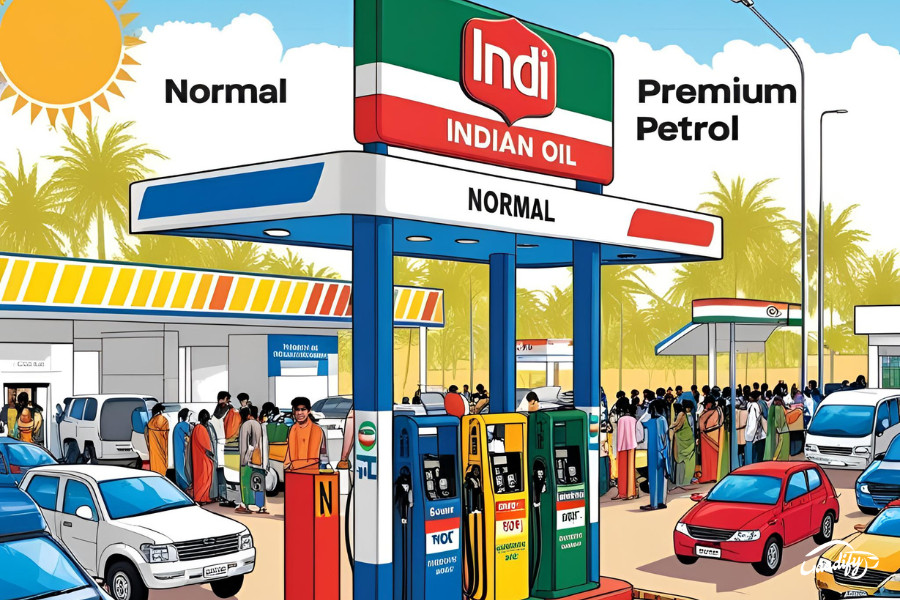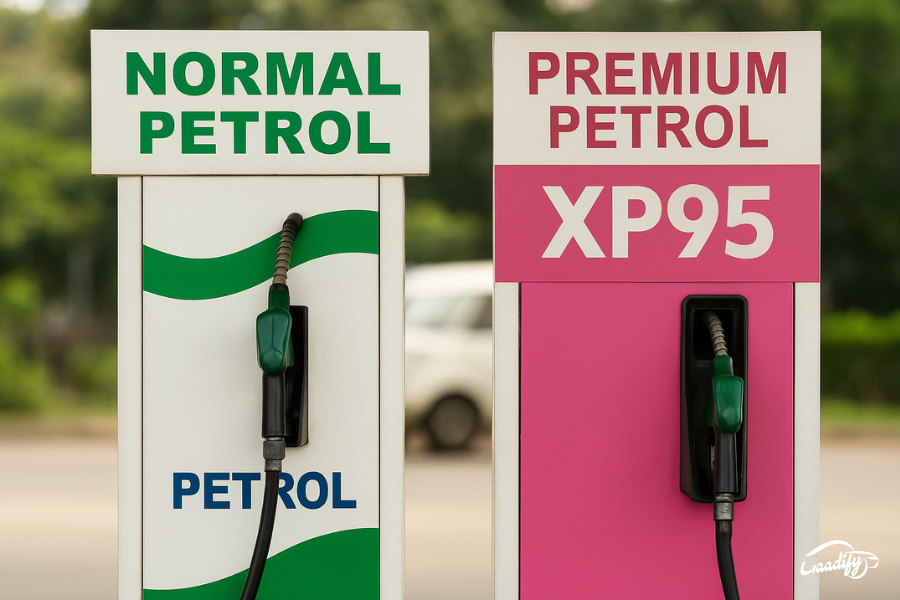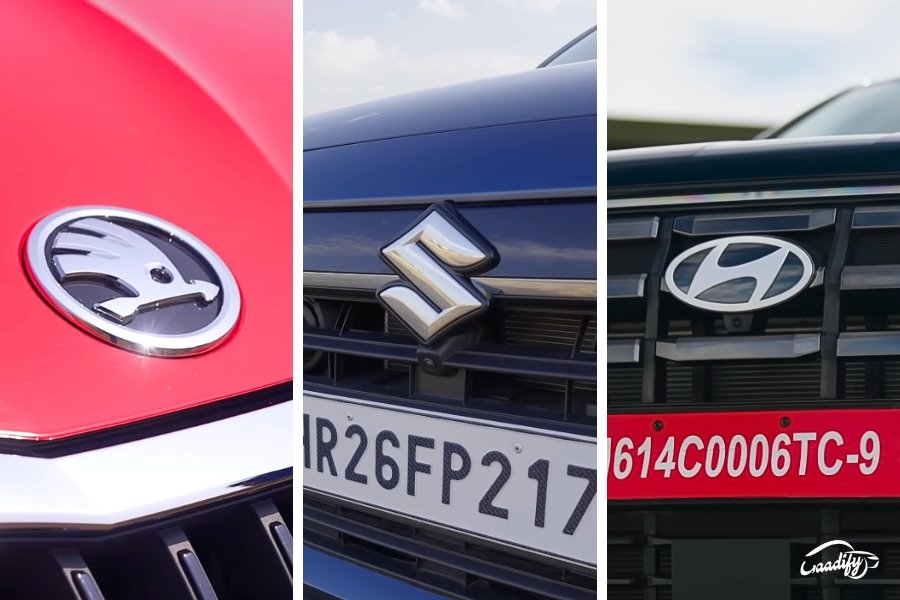Fuel choices can be confusing — especially when you pull up to the petrol pump and see two options: normal petrol and premium petrol. With premium fuel being more expensive, many drivers wonder: Is it worth the extra cost? More importantly, does your vehicle even need it? Let’s break it down in a simple, detailed, and easy-to-understand way.
What Is Normal Petrol?
Normal petrol, also called regular petrol, is the standard fuel used by most Indian vehicles, especially commuter cars and two-wheelers. It has an octane rating of 91 and is designed for engines that don’t require high compression.
- 91 octane rating
- Ideal for standard engines with low to moderate compression ratios
- Widely available across the country
This fuel is formulated to meet the basic combustion needs of regular engines. It burns efficiently and supports smooth engine functioning that don’t require high-performance tuning.

What Is Premium Petrol?
Premium fuel is something which has a higher octane rating than the normal petrol. Depending on the brand and product, it comes with different ratings like 93, 95, 97 and even 100. It is usually designed for high-performance and turbocharged engines, which operate at higher compression ratios and temperatures.
What is the octane rating? Octane ratings are measures of fuel stability. The higher the octane number, the lower the chance of knocking. Now, what is knocking? Well, knocking occurs when fuel is ignited prematurely in the engine’s cylinder, causing inefficient combustion and potential engine damage over time.
- It is ideal for sports and luxury cars, which have high-performance, turbocharged, or high-compression engines.
- Generally, it contains engine-cleaning additives and offers slightly better combustion.
Also Read: Delhi Imposes Fuel Ban on 15-Year-Old Vehicles: What You Need to Know

Normal vs Premium Petrol – Key Differences
Now, let’s understand the difference between the two with the help of a table: –
| Feature | Normal Petrol | Premium Petrol |
|---|---|---|
| Octane Rating | 91 | 93 to 100 |
| Price | Lower than premium | Higher price than normal |
| Engine Suitability | Most regular commuter vehicles | High-performance or turbocharged engines |
| Fuel Efficiency | Standard | Similar (unless required by engine) |
| Additives | Usually none | Often includes detergents for engine care |
| Performance Boost | No extra benefit | May improve performance (if recommended) |
Common Myths about Premium Fuel
There are several misconceptions about premium petrol, especially regarding its impact on performance, mileage, and engine health. Here’s a quick reality check: –
- Premium petrol gives better mileage: This is only true if your vehicle is designed or tuned for high-octane fuel. In regular engines, mileage usually remains the same — sometimes even slightly lower due to the way the fuel burns.
- It increases power and performance: Premium fuel can improve performance only in engines that require higher octane to prevent knocking. If your car isn’t built for it, you won’t feel any difference.
- It cleans your engine: Some premium fuels contain detergents that help reduce carbon deposits, but the effect is minimal. Regular servicing and oil changes are far more important for engine health.
- It’s better for every vehicle: Premium doesn’t mean universally better. It’s simply designed for engines that operate under higher stress or compression. Using it in a regular commuter car is unnecessary and adds to your fuel bills.

Should You Use Premium Petrol?
Not every vehicle benefits from premium fuel. In fact, most Indian vehicles are tuned for regular petrol and perform optimally with it. You should avoid using premium petrol unless your vehicle manufacturer specifically recommends it (like in the case of turbocharged, luxury, or high-performance cars).
Generally, normal petrol is more than sufficient. It delivers the same mileage and performance for most commuter vehicles and helps you save money at the pump. So, unless your owner’s manual says otherwise, stick to regular fuel and drive worry-free!
Worth Reading: Delhi EV Policy 2.0 Incoming: Ban on Petrol Scooters and Motorcycles?








